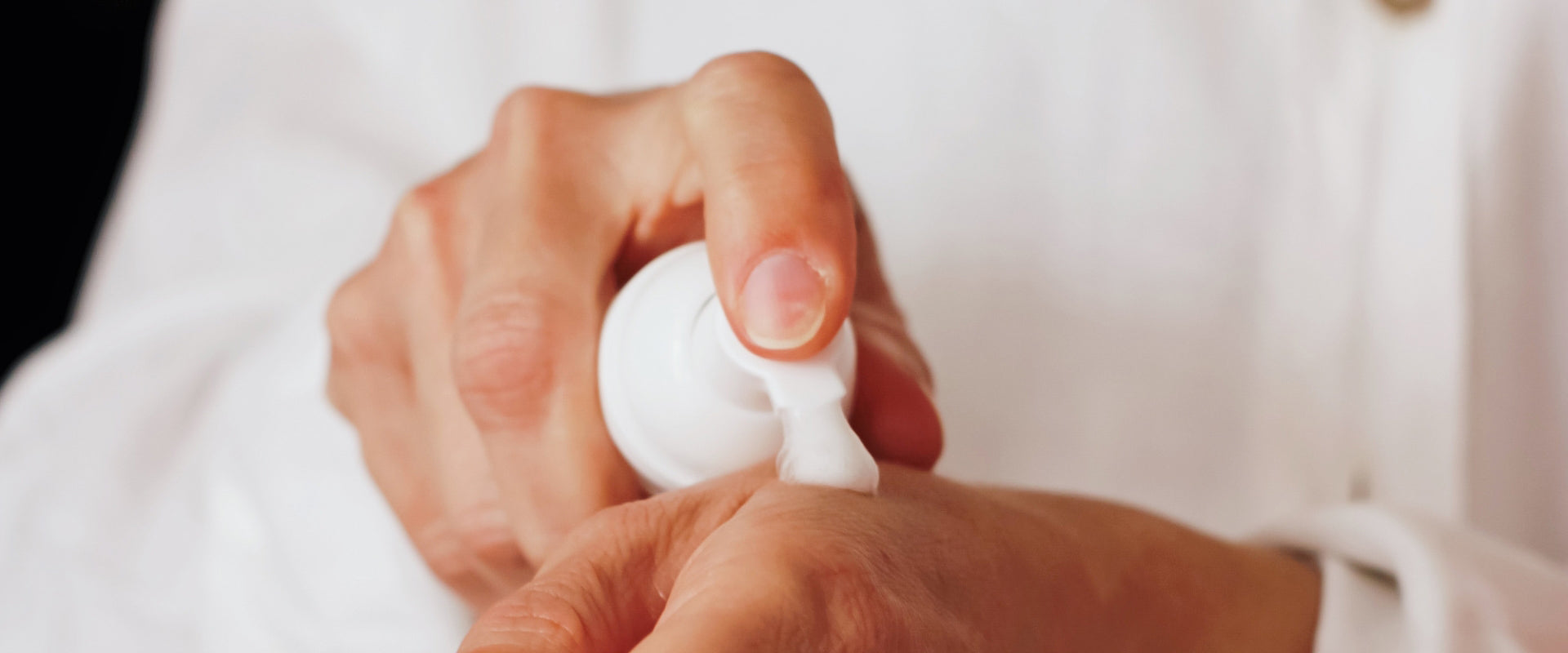Easy Makeup Removal Do’s and Don'ts

There’s nothing worse than waking up in the morning with a dry, crusty face of makeup that you forgot (or couldn’t be bothered) to take off the night before. Even if you manage to get to your nighttime skincare routine before collapsing into bed, you might still be missing bits of makeup that escaped the wipe, or scrubbing your skin too hard and damaging it in worse ways than leftover makeup residue ever could!
But what does sleeping in makeup do to our skin? Is it really so detrimental to our skin’s health? The short answer is (you guessed it) yes! Not only will you wake up with a dull complexion, but you might also create some angry-looking pimples. The natural oil in your skin can mix with the makeup while you sleep, clogging your pores and increasing the risk of breakouts. This can also stretch your pores making them larger and more visible.
Remember, your skin needs to breathe and regenerate overnight. Keeping it coated in makeup can throw off the natural balance of oil and water which keeps it feeling fresh and hydrated in the morning. What’s more, leaving your makeup on can counteract your overnight anti-aging products. You always need to prep your skin so it's ready for the moisturizing products to be absorbed. If makeup is creating a barrier between your skin and those expensive products, you’re wasting your money!
Proper makeup removal and cleansing are essential for happy, healthy skin, but what are the best products and techniques?
Common Makeup Removal Mistakes
Believe it or not, there are right and wrong ways to remove your makeup. Let’s go through what not to do first...
Forgetting to Cleanse

Scrubbing Too Hard

Skipping the Edges

You might have carefully dabbed, soaked and cleansed your face removing every last particle of makeup residue, but did you catch the bits hidden along your hairline, jaw and neck? Hadley King, MD, board-certified dermatologist in New York City, says pimples in these areas are one of the most common occurrences she sees in her patients. "While many people apply makeup to their neck and jawline in the morning, they overlook it when it's time to take it off," she says. Take extra care of the neck especially, as it is easily prone to showing signs of premature aging. Makeup also tends to accumulate in the hairline, so make sure to pull your hair out of your face before you start.
Top Tips For Removing Makeup
You may have tried to remove your makeup with a simple wash session, only to see remnants of your foundation, eye shadow, and even mascara left behind. The truth is, there is an art to makeup removal. After all, not just any cleanser can do the job. If you’re ready to learn the right way to remove makeup, we can help.
Remove Your Makeup with a Gentle Touch

The process of taking off your makeup should be gentle and should never leave your skin dehydrated or irritated. Nowadays, there is a wide range of different formats of products to cleanse our skin: from cleansing mousses, micellar waters to cleansing oils.
"Women tend to use a face wash that isn't made to remove makeup," says esthetician Joanna Czech. If you suspect yours falls into this category (evidence: those subtle BB cream smudges on your face towel post-cleanse), you could use a makeup remover like micellar water first—or consider switching to a cleansing oil or a gentle cleansing mousse. These are among the most effective at coaxing off even the most stubborn makeup, like stay-put foundations, liquid lipsticks, and brow pigments.
We know what some of you are thinking: No way applying an oil-based product will leave your face cleaner. But the new oil cleansers really can work miracles. "A lot of people don't know that oil dissolves oil," says Czech.
Give Your Eyes Extra Attention

Mascara and liner are the hardest to get off, but you don't want to scrub — the skin around the eyes is sensitive. Cotton balls leave fibers behind.
Pulling and dragging at the skin around your eyes can lead to irritation and may increase the appearance of wrinkles. Instead of scrubbing away eye makeup, saturate a cotton pad or a tissue in micellar water or makeup remover and lay it over your eyes for a few seconds before gently rubbing the makeup away. Using oil-based (for waterproof products) or dual-phase (for everything else) remover specifically for the eyes might be the best choice.
Use Toner After Cleansing Your Skin

Toner can be used as an extra cleansing step to condition your skin and to remove any excess oil leftover after cleansing. It only takes a minute, and it may help sweep away the remains of stubborn makeup. It can also give your cleansing routine a quick boost, helping remove impurities that might remain after you wash your face. Simply saturate a cotton pad and wipe it gently across your skin before moisturizing.
Easy Does It





Leave a comment